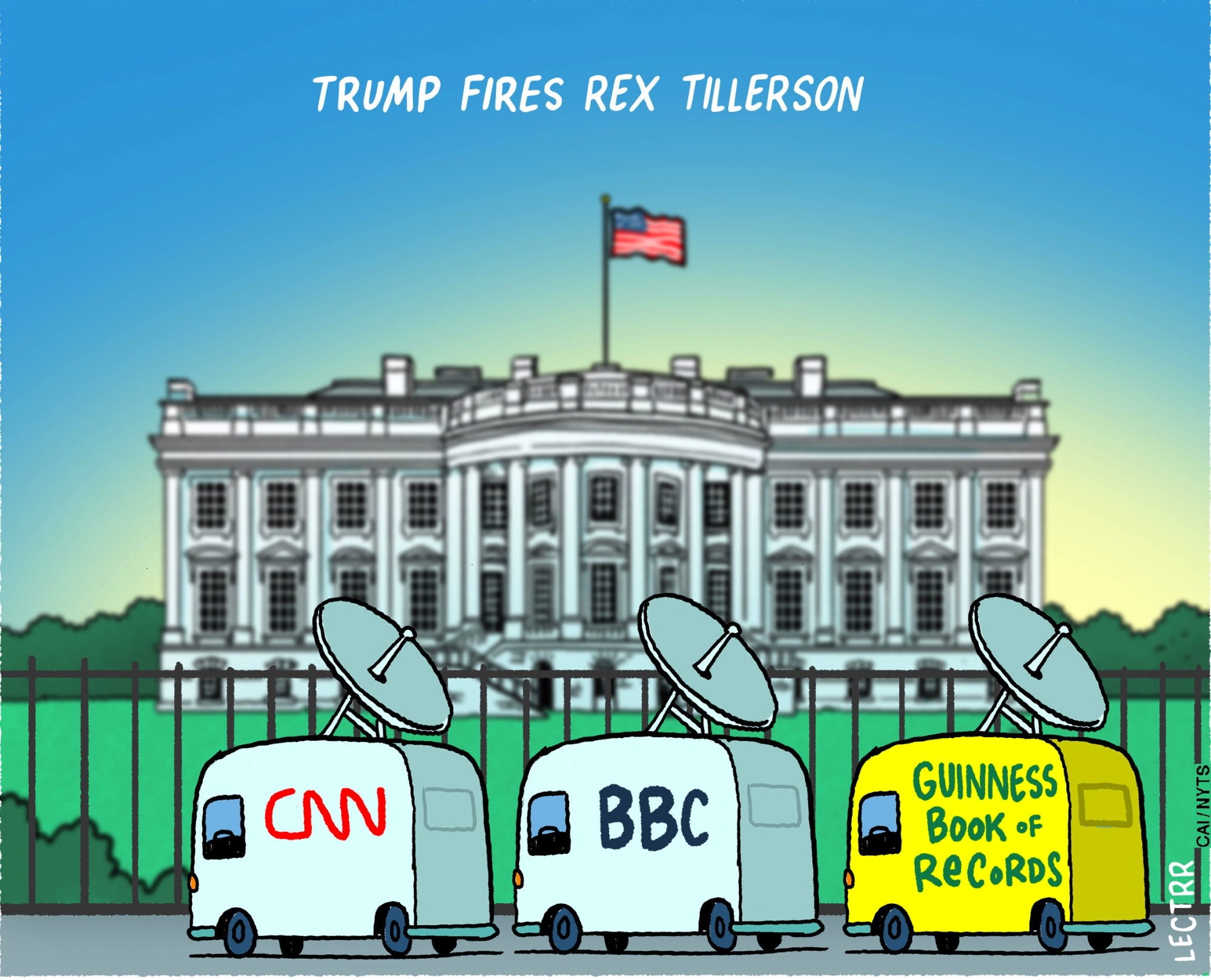Almost from the moment Rex Tillerson was sworn in as secretary of state a little more than a year ago, it seemed clear that his tenure would be short and undistinguished. And although Tillerson ultimately lasted just long enough to give the impression he might stick around after all, his firing basically confirms these judgments.
As a variety of commentators have already noted, Tillerson's primary legacy from his 14 months of service is a demoralized and disempowered State Department that is hemorrhaging talent and experience. But in one of the many ironies of the Trump era, Tillerson's departure — and his replacement by CIA director Mike Pompeo — may nonetheless be bad news regarding what is to come in year two of the Trump presidency and beyond. It is conceivable that Tillerson's firing will return the State Department — and the secretary of state — to a more prominent role in American policy. Yet it may also indicate that Trump is progressively casting off the constraints that have prevented him from doing even greater damage.
Trump's foreign policy has not been particularly good, as I point out in my new book, "American Grand Strategy in the Age of Trump." But at least it has been far less radical than one might have expected based on his campaign rhetoric. As a candidate, Trump frequently gave the impression that he intended to tear up alliances, discard free trade in favor of wholesale protectionism and fundamentally upend the foreign policy tradition he inherited. Yet during his first year in office, most of those promises went unfulfilled.



















With your current subscription plan you can comment on stories. However, before writing your first comment, please create a display name in the Profile section of your subscriber account page.